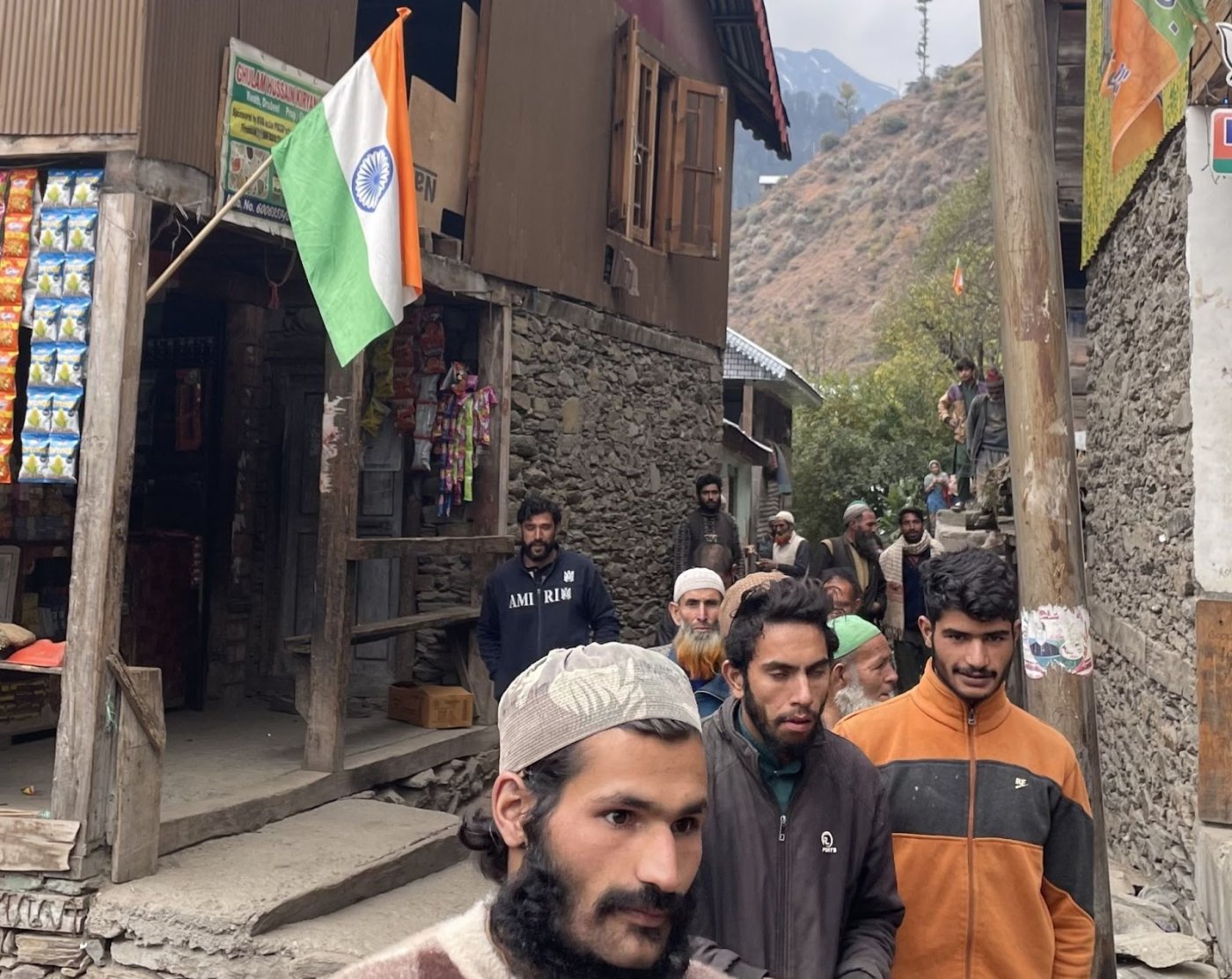
By team
Kishtwar (Jammu and Kashmir): At the entrance of the remote Muslim village of Kwath in Jammu and Kashmir’s Kishtwar district flies an Indian tricolour, an expression of allegiance in a region often accused of divided loyalties.
Three days after four labourers from Kwath, a village of around 400 people—mostly labourers, tradesmen or subsistence farmers growing maize—were allegedly tortured in custody by the army’s 11 Rashtriya Rifles, locals were still struggling to come to terms with the violence inflicted on them, even though they were, as Dawood Ahmad, a resident of Kwath and uncle of one of the victims, put it, “true nationalists”.
On 20 November 2024 at 10 am—10 days after a soldier was killed and three injured on a nearby hill—the four men received calls on their mobile phones from an army camp at Chas, 2 km from the village, asking them to come over.
Kwath is on a mountainside in the Chenab range and 5 km or a 90-minute trek from the nearest motorable road. There is little contact with the outside world on most days, and the army is an abiding presence.
Without wasting time, the four men headed for the camp “without any fear”, according to Mohammad Ramzan, father of one of the victims. Army officers from the nearby camp have the phone numbers of many villagers, who often do odd jobs or supply food to the camp.
This story was originally published in article-14.com. Read the full story here.






